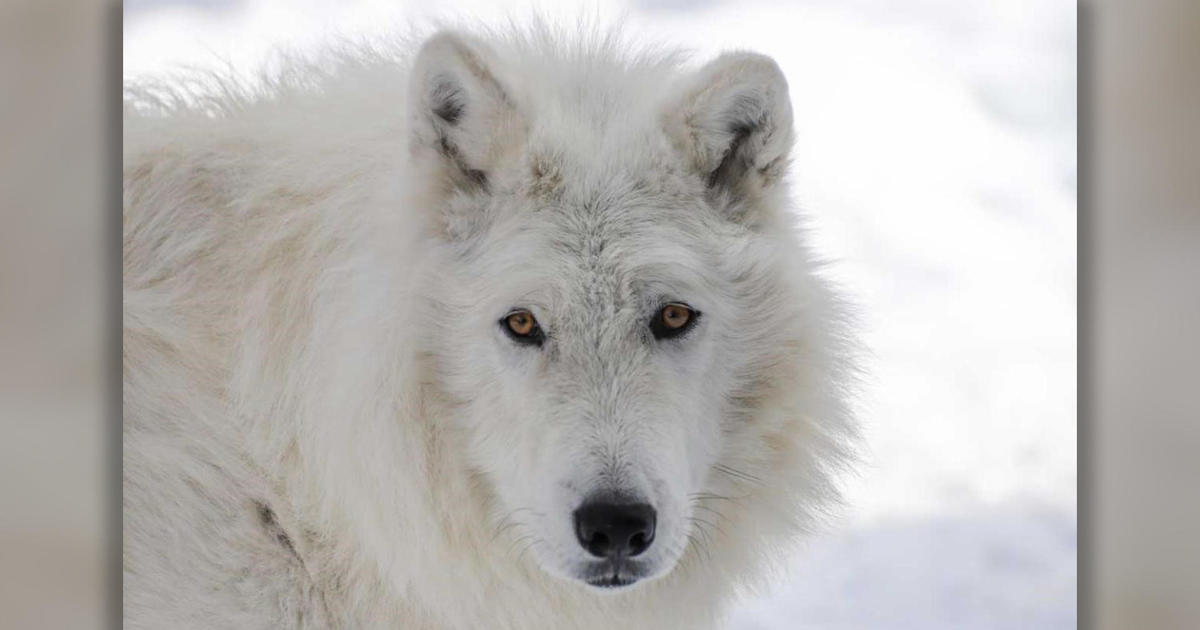Local groups push back against mining near BWCWA: "This would be a pretty major assault of our ecosystem"
ELY, Minn. — The Boundary Waters Canoe Area Wilderness is currently protected from mining on federal land for the next 20 years.
A small group of people in Ely transformed the issue into a national movement, but the momentum didn't stop there.
"We take a lot of people out on our pontoon boat to show them the site of the proposed sulfide copper ore," said Becky Rom, national chair of the Save the Boundary Waters campaign. She took WCCO's Jennifer Mayerle out on the Kawishiwi River.
"We're seeing bald eagles, just beautiful natural wild ecosystem," Rom said.
RELATED: Federal judge deals another serious blow to proposed copper-nickel mine on edge Minnesota wilderness
The site of the proposed Twin Metals mine is across from Voyagers Outward Bound School.
"Mining would take place right across the river. First as an underground mine and then closer to Boundary Waters as an open pit," Rom said.
"We're outdoor learning and character development. Our courses are all about learning about yourself," said Julie Hignell, former VOBS program director who now serves on the board.
They serve about 500 students a year. She says the mine would jeopardize the ability to offer unique programming. There isn't a replacement location for this type of school.
"The first vent would be quite close. This would be a pretty major assault of our ecosystem," Hignell said.
With roughly 150,000 visitors to BWCA per year, it fuels $900 million in economic activity.
"So this is an area that could also be in jeopardy with a mine right across. Everything on the other side of Kawishiwi River would be part of Twin Metals mine if it were to go forward," Rom said. "Right now behind us would be the giant tailings facility covering 430 acres and 140 ft in height, so it would be very visible from where we are now."
From the air you can see where roads have been created to explore the area for minerals. Twin Metals says in part the "region sits on top of one of the world's largest deposits of critical minerals that are vital in meeting our nation's goals to transition to a clean energy future, to create American jobs, to strengthen our national security and to bolster domestic supply chains." They call their mining more than safe: It's responsible.
For those whose livelihood is dependent on pristine nature of the area, they say the risk isn't justified.
"The Boundary Waters is my favorite place in the world. I've really dedicated most of my adult life to sharing it with people," Jason Zabokrtsky said.
Zabokrtsky owns an outfitting company and guide service.
"The worst place to do this type of mining is a water rich environment. The Boundary Waters is the economic engine of this part of the world. It's what we have that nobody else has," Zabokrtsky said.
Steve Piragis, with the business his family's built, is in agreement.
"Our business is really structured that it would be damaged pretty badly if it was, if copper nickel came in. I think we realized that right away and we wanted to be part of this campaign to do what we could," Piragis said.
"The way to protect the Boundary Waters is to say no at the front end. There is not clean up, there is no fixing it once it's lost," Rom said.
Earlier this month, a subsidiary of Twin Metals proposed exploring five to six miles of nearby state land for minerals.
Save the Boundary Waters is calling on the state to reject what it calls "the most dangerous plan yet."




